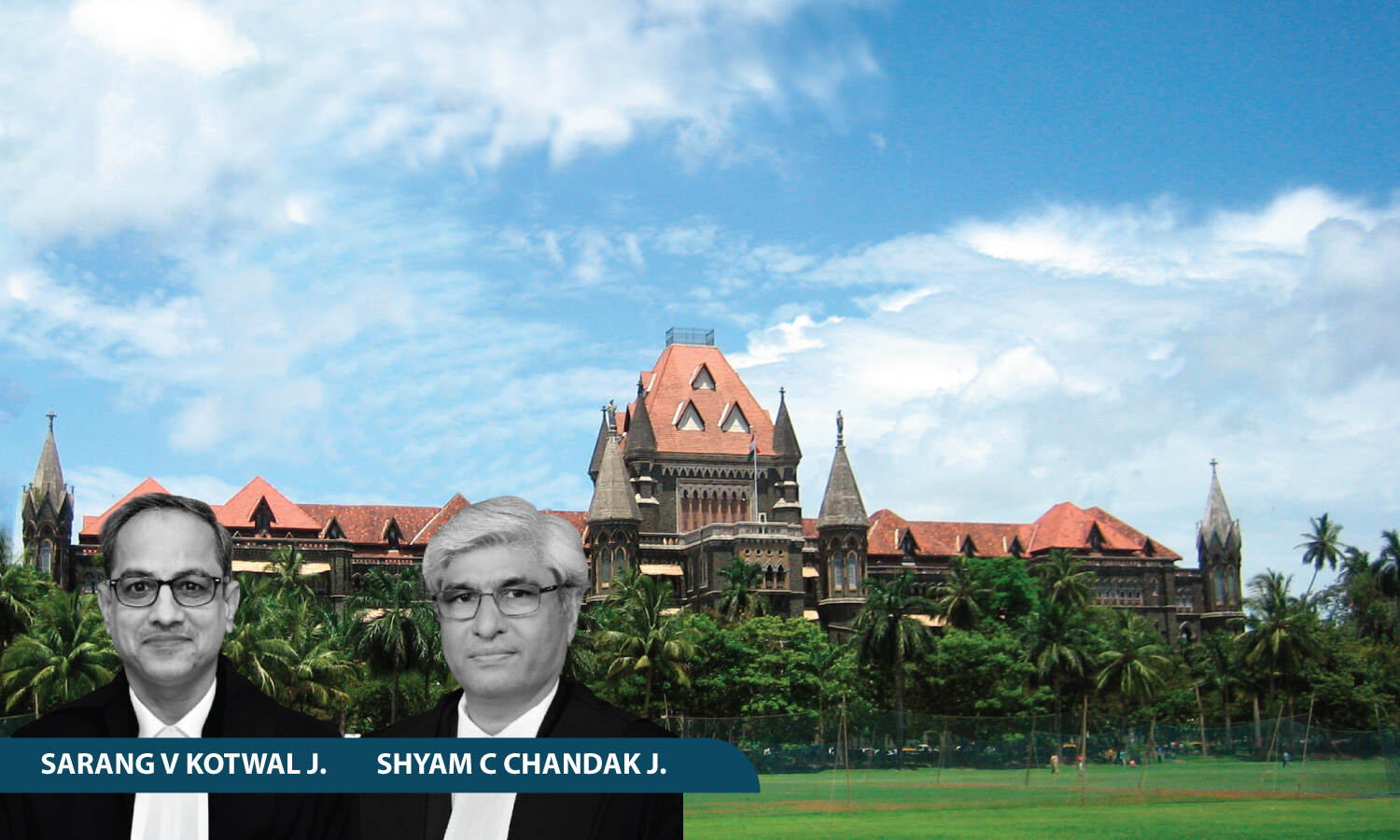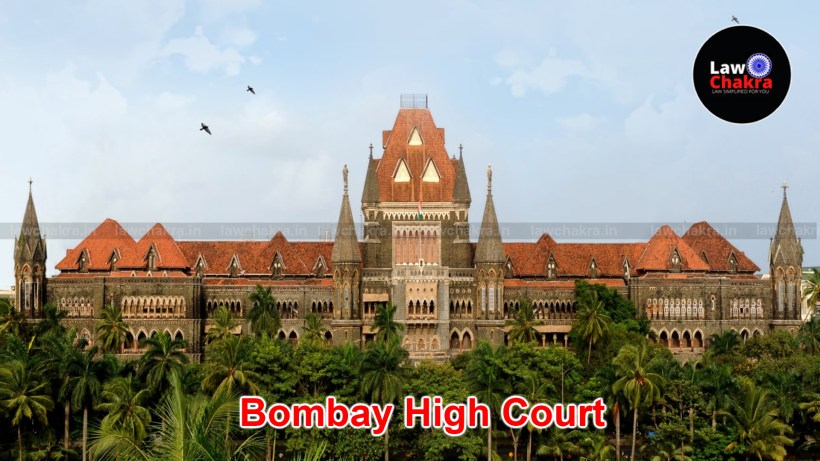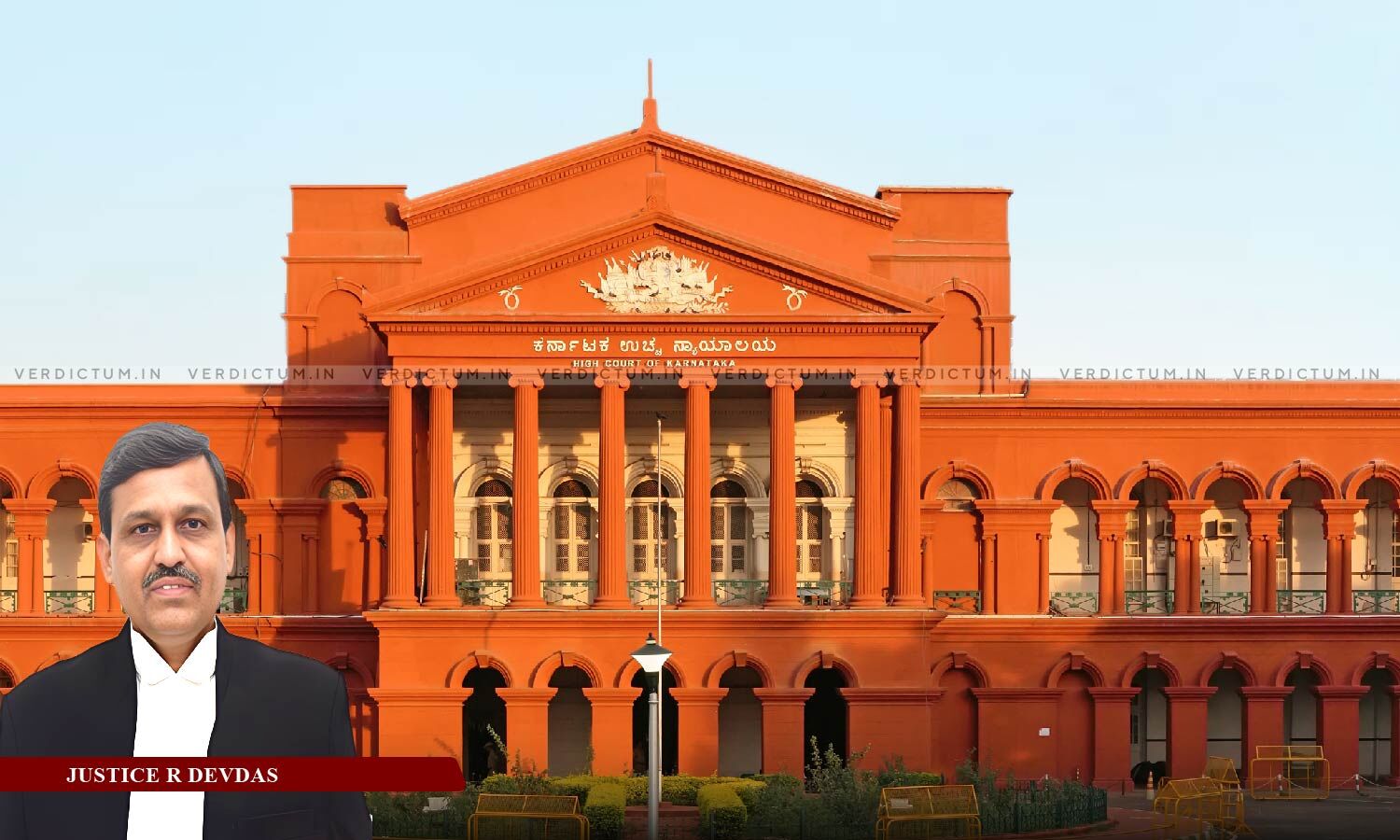Bombay High Court Acquits Murder Accused, Says A Person Can Exercise Right Of Private Defence Even To The Extent Of Causing Death

The Bombay High Court acquitted two men accused of murder, while remarking that a person can exercise his right of private defence even to the extent of causing death if there is even an apprehension as mentioned under Section 100 of the IPC.
The Court set aside the Judgment by the Trial Court which convicted them under Sections 143, 144, 147, 148, 302 and 149 of the IPC.
A Division Bench of Justice Sarang V Kotwal and Justice Shyam C Chandak referred to Section 100 of the IPC and remarked, “This provision mentions that a person can exercise his right of private defence even to the extent of causing death if there is even an apprehension as mentioned in that section. In the present case, the facts indicated that it was not a mere case of apprehension, but in fact, grievous injuries in the nature of skull fracture, fracture to the hand and severing of the tip of a finger was actually a result of the incident. Therefore, there is sufficient force in the submission of Dr. Chaudhary that the defence taken by the accused was a probable defence which ought not to have been brushed aside by the learned Trial Judge.”
Advocate Yug Mohit Chaudhary appeared for the Appellants, while Advocate Vinit A. Kulkarni represented the Respondent.
Brief Facts
The prosecution’s case was that one Sandip Doifode had an agricultural land, which was given for cultivation to the accused, who were his relatives. When Sandip returned to cultivate his own land, the accused and their families held a grudge against him, leading to strained relations. An incident occurred, where it was alleged that accused Nos. 4, 5, and 6 along with the child in conflict with law threw chilly powder in Sandip’s eyes. Accused Nos. 1 to 3 allegedly assaulted him with weapons like sickle and choppers, inflicting blows on his head and chest. Sandip was taken to the hospital but was declared dead.
Court’s Reasoning
The High Court remarked, “Another aspect of this case is about the probable defence of the accused that they could have acted in exercise of their right of private defence. As mentioned earlier, in this context, the suggestions were given to the prosecution witnesses, and, the accused had answered specifically in that behalf in response to the questions put by the learned Trial Judge during their examination u/s.313 of the Cr.P.C.”
The Bench stated, “As can be seen from this backdrop, the evidence of the eye witnesses is the most crucial evidence in this case and the conviction can be sustained only if their evidence inspires confidence.”
“There was a motive for the accused to commit murder of the deceased. The cross case lodged by the accused has resulted in acquittal. The very fact that the chilly powder was found at the spot shows that there was preparation on the part of the accused to commit murderous assault on the deceased; which is supported by finding of the chilly powder at the spot. Therefore, it could not be even suggested that the accused had acted in self defence while causing fatal injuries to the deceased Sandip. The postmortem reports show that the deceased had suffered homicidal death,” the Bench took note of the arguments advanced by the Prosecution.
Consequently, the Court ordered, “The Judgment and Order dated 26.08.2014 passed by the Sessions Judge, Kolhapur, in Sessions Case No.124 of 2011, convicting the Accused No.1. Shreekant Yallappa Doifode, Accused No.2 Pravin Yallappa Doifode and the Accused No.3 Shankar Akaram Doifode, and sentencing them, is set aside.”
Accordingly, the High Court allowed the Appeal.
Cause Title: Shreekant Yallappa Doifode & Ors. v. The State of Maharashtra (Neutral Citation: 2025:BHC-AS:23330-DB)
Appearance:
Appellants: Advocates Yug Mohit Chaudhary and Anush Shetty
Respondent: APP Vinit A. Kulkarni; Advocates Himanshu J. Patil and Alisha Mohite





